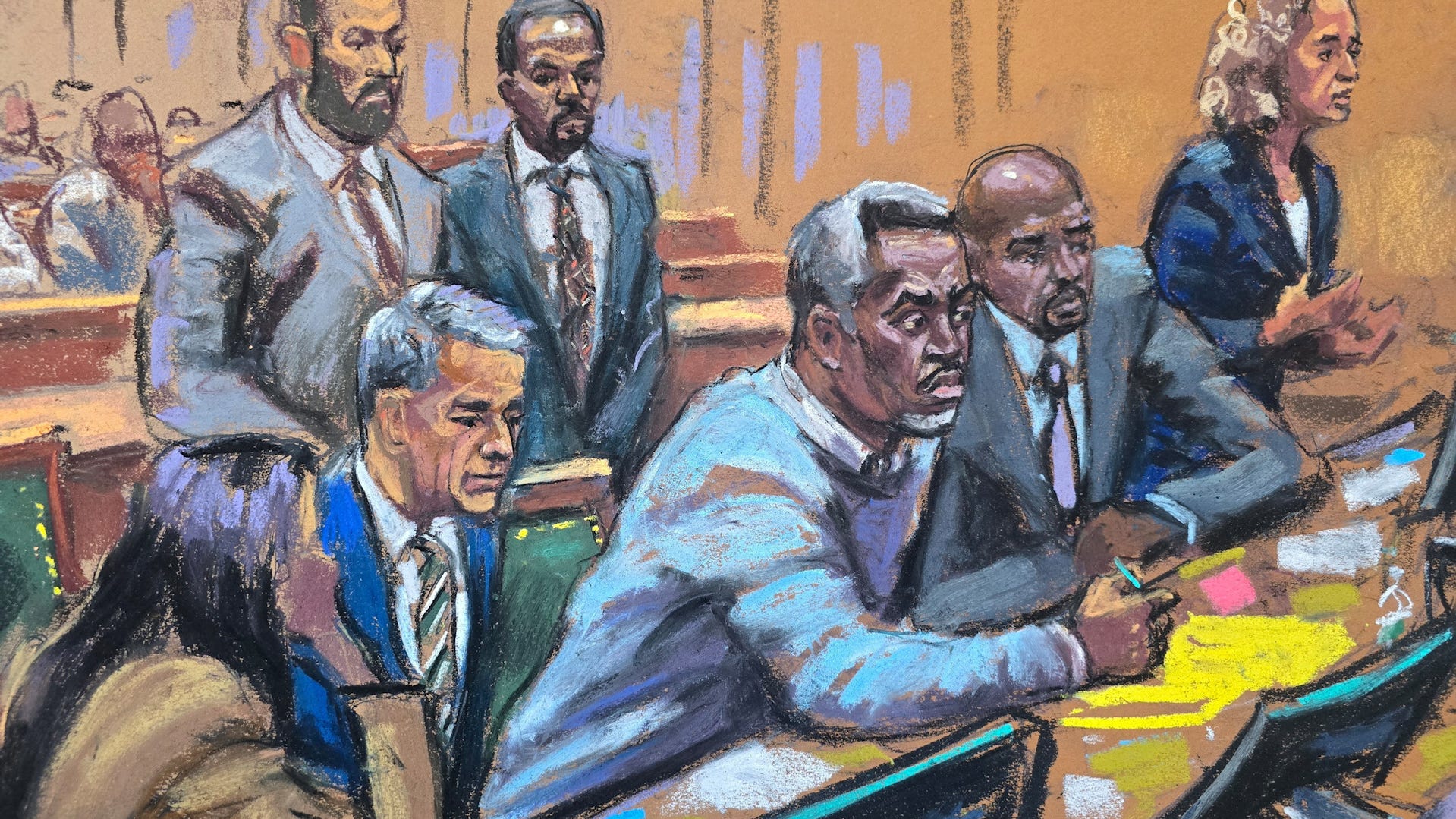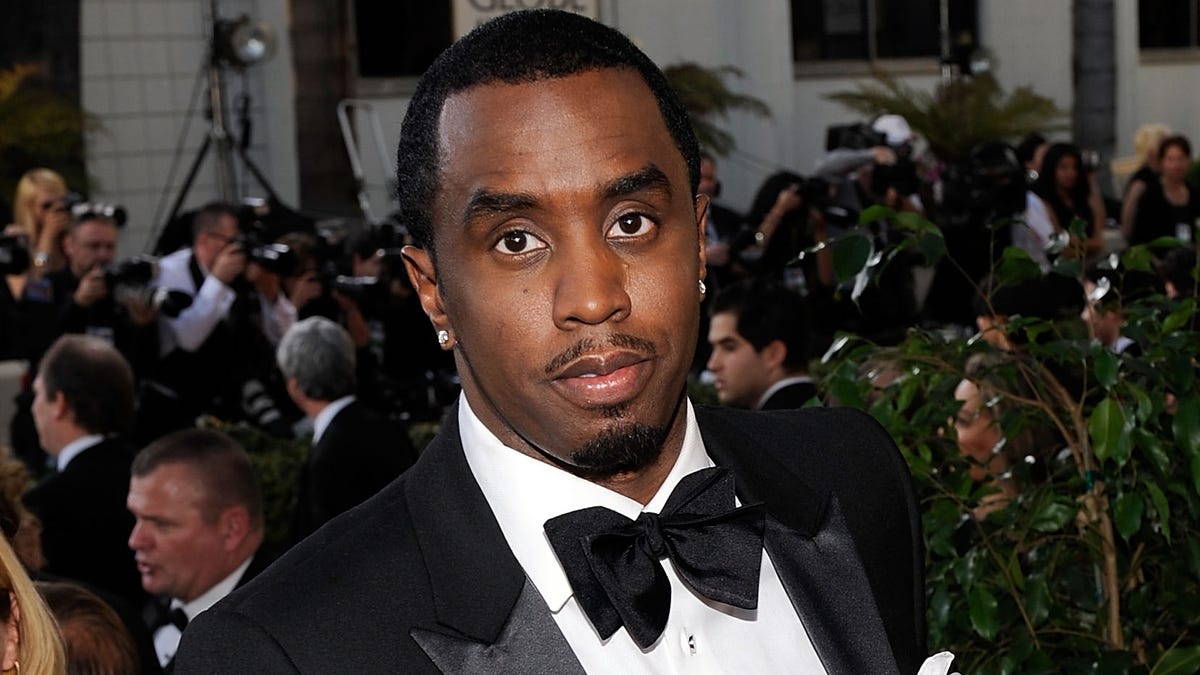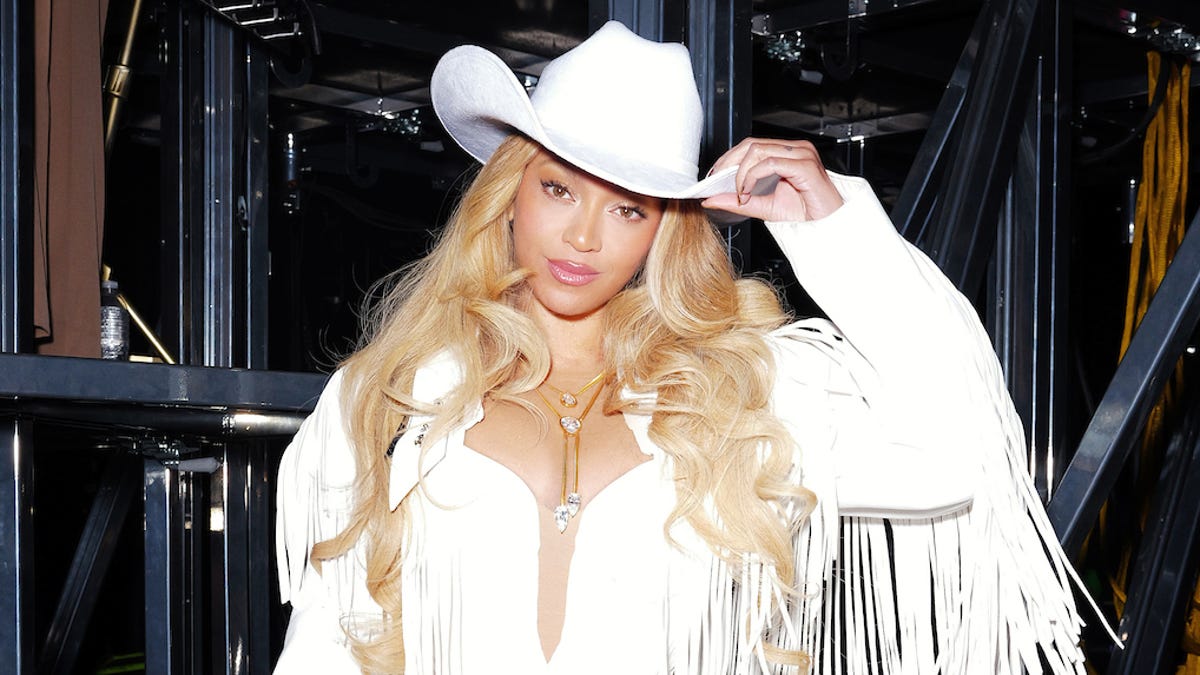
Sean ‘Diddy’ Combs acquitted of 3 charges in sex trafficking trial
Of five total charges, Sean ‘Diddy’ Combs was only found guilty of two counts of transportation to engage in prostitution in a sex trafficking trial.
NEW YORK – A jury acquitted Sean “Diddy” Combs on the top charges and convicted him of a lesser sex-crimes charge after nearly two months of his federal trial.
A 12-person jury delivered a bombshell split decision July 2 in Combs’ case, which started May 5 in Manhattan federal court. Jurors found Combs guilty of two counts of transportation to engage in prostitution but acquitted him on the most serious charge of racketeering and both sex trafficking counts.
Combs’ trial was among the most noteworthy of the #MeToo era, following explosive cases against disgraced Hollywood producer Harvey Weinstein, R&B singer R. Kelly, and A-list actors Kevin Spacey and Johnny Depp.
Combs has long maintained his innocence. He previously pleaded not guilty to all charges, and faced two counts of sex trafficking, two counts of transportation to engage in prostitution and one count of racketeering for leading what prosecutors alleged was a criminal organization.
Combs’ case proved particularly challenging, wading into the murky gray areas of consent and coercion, celebrity, complex workplace dynamics and the myriad ways that people cope with trauma.
His conviction centers on the transportation of two former girlfriends – Casandra “Cassie” Ventura Fine and the anonymous “Jane” – as well as sex workers for the intent of prostitution. He faces a maximum of 20 years in prison, as each count carries a maximum of 10 years.
Combs has been incarcerated at Brooklyn’s Metropolitan Detention Center since he was arrested on Sept. 16, 2024. U.S. District Court Judge Arun Subramanian denied bail for Combs after the rapper’s verdict was delivered, issuing an order to keep him incarcerated at the New York facility.
Prosecutor Maurene Comey opposed the defense’s request for Combs to be released immediately following the verdict. “There is serious, serious conduct here that will mandate a lengthy period of incarceration,” she said.
How long could Diddy be in prison?
Combs faced a maximum sentence of life in prison for the racketeering charge. Sex trafficking has a 15-year mandatory minimum and maximum of life in prison. Transportation to engage in prostitution carries a maximum sentence of 10 years in prison.
With his conviction on the prostitution counts, Combs could face a maximum of 20 years in prison.
Combs’ verdict comes a year and a half after sexual assault and trafficking allegations began mounting against the embattled music mogul following a bombshell lawsuit from his former girlfriend of a decade, Casandra “Cassie” Ventura Fine, over alleged trafficking, sexual assault and abuse. The two “amicably” settled the lawsuit one day later for $20 million, but his team has claimed her legal action kicked off the criminal investigation into the Bad Boy Records founder’s alleged behavior.
The controversial legacy of Sean ‘Diddy’ Combs. Here’s what we know
Sean ‘Diddy’ Combs faces federal sex crime charges. Here’s what we know about his controversial legacy.
Federal prosecutors claimed Combs led a “criminal enterprise” that operated on sex trafficking, kidnapping, drug offenses and forced labor, among other crimes. Combs leveraged his wealth and celebrity status to “fulfill his sexual desires” in a “recurrent and widely known” pattern of abuse, investigators alleged.
The Grammy-winning rapper and producer, who once reigned with his A-list frequented White Parties, has also staunchly denied allegations brought forward in approximately 80 sexual assault lawsuits, which detail alleged incidents dating back to the 1990s.
What is the Mann Act?
The verdict is seen as a significant victory for Combs. The two charges on which he was convicted involve violations of the Mann Act in transporting Ventura Fine and “Jane” – his two former girlfriends – as well as sex workers for the purposes of engaging in prostitution.
Sean ‘Diddy’ Combs’ lawyers and supporters celebrate verdict
The legal team of Sean “Diddy” Combs and loyal supporters celebrated a “great victory” outside of the courthouse in Manhattan.
Ventura Fine and Jane both testified in court that Combs physically abused and controlled them and had them participate in marathon drug-fueled sexual encounters with male escorts. Those sessions, dubbed “freak offs,” often involved travel across state and even international boundaries.
The Mann Act, also known as the White-Slave Traffic Act of 1910, is a federal law that prohibits the interstate or foreign transportation of individuals for prostitution or other immoral activities.
What happened in the Diddy trial?
Among the more than 30 witnesses in the trial were well-known stars such as ex-girlfriend Ventura Fine, Scott Mescudi (aka Kid Cudi) and former Danity Kane singer Dawn Richard. Ye, formerly known as Kanye West, also made a brief appearance to listen to some testimony on June 13.
In a long stretch of testimony from May 13 to 16, a nine-months-pregnant Ventura Fine laid bare the raw details of her complicated decade-long relationship with Combs. She emotionally opened up about her participation in his alleged sexual performances that were labeled “freak offs,” the physical and emotional abuse she said she faced, and the drug addiction she’d developed after using various substances in part to cope with the “freak offs.”
She also detailed alleged repeated physical abuse, which was captured in photographs shared with jurors.
Combs’ ex-employees also testified about Combs’ alleged pattern of physical and sexual abuse, with a witness list that included former personal assistant and Sean John marketing director Capricorn Clark, an ex-personal assistant and Revolt director of development who went by “Mia,” former stylist Deonte Nash and former CFO Derek Ferguson.
The longest stretch of testimony was from an anonymous former partner to Combs, who used the pseudonym “Jane.” The two were romantically involved from 2021 to 2024 – a time during which Combs was openly dating other women.
Over six days, Jane shared all the ways Combs allegedly pressured her to do sexual performances – namely, so-called “hotel nights” with sex workers that could last days – that “disgusted” her by leveraging his control over her finances, convincing her to take drugs and taking advantage of her desire for his approval.
Like Ventura Fine, Jane also vividly described Combs’ alleged abuse. In one episode, she said, he’d kicked, punched dragged her before coercing her into performing sex acts with an escort.
Despite this, Jane said on the stand, “I just pray for his continued healing, and I pray for peace for him.”
Ahead of closing arguments on June 26-27, both sides rested their cases on June 24. Combs’ lawyers rested their case in less than half an hour and did not call any witnesses.
Ventura Fine and Jane both dated Combs for many years, and his attorneys attempted to paint their numerous loving text messages as evidence that “freak offs” were entirely consensual. Mia was similarly affectionate as she posted publicly about Combs on social media, despite alleging that her former boss sexually assaulted her multiple times during her employment.
Throughout the trial, prosecutors argued that these women merely tried to stay in Combs’ good graces as a survival tactic, as he allegedly threatened to destroy their careers, livelihoods and reputations.
In the government’s rebuttal, prosecutor Comey explained the impossible task of trying to untangle love and abuse. For victims, “finding meaning and happiness in trauma does not mean the trauma never happened,” Comey said. “It’s healing.”
Diddy trial: Inside the media circus
Combs’ trial ignited a ferocious media circus over the last two months.
Around the clock, social media influencers flooded the courtyard of the Daniel Patrick Moynihan United States Courthouse in Lower Manhattan, just blocks away from the Brooklyn Bridge. The insatiable content creators – several of whom wore “Free Puff” and “Free Diddy” T-shirts and ball caps – often sparred with each other, and courthouse security guards, as they bellowed into their smartphone screens, recounting to their followers the most salacious details of the case (some of them true, many of them not entirely).
Their antics reverberated inside the courtroom itself. Most journalists were stationed in palatial overflow rooms, where they watched the trial unfold on midsize TV screens on the 24th floor alongside members of the public. There, the behavior of Combs’ supporters went largely unchecked by security, as they cackled, booed and hissed profanities when the rapper’s accusers took the stand.
“Gotcha, bitch!” one man yelled gleefully, after Combs’ attorneys tripped up Bryana Bongolan, who struggled to recall the exact date that the hip-hop mogul allegedly held her over a 17-story balcony. And nearly the entire overflow room burst into applause when Combs’ lead lawyer, Marc Agnifolo, finished his closing arguments, employing Trumpian rhetoric as he urged jurors to listen to “the real trial” and not “the fake trial” that prosecutors presented.
The attitude among reporters, meanwhile, was mainly convivial, as they bonded over the collective Stockholm syndrome of the daily courtroom tedium. The moment you walk into the courthouse, everyone is required to check their phones and laptops, after waiting through snaking lines for airport-style security. Due to the technology restrictions, journalists furiously scribbled notes for six to eight hours a day, sporadically darting out of the courtroom to dictate the latest news to their editors.
Given the limited number of spots in the main courtroom with Combs, multiple news organizations hired line-sitters, some of whom would start camping out the afternoon before to guarantee a seat inside. And as the trial trudged on for days and weeks, it attracted countless looky-loos who wanted a glimpse of the action, including law students, European tourists and throngs of sniggering teenagers. (On one particular afternoon, a family with two small children was escorted out of an overflow room by security guards, following roughly 20 minutes of them listening to highly explicit testimony about “freak offs.”)
In one of the trial’s most unforgettable moments, a middle-aged woman dressed in an MTA transit uniform was removed from the main courtroom after screaming at Diddy that everyone is “laughing at” him.
But for the women who testified through tears, and the journalists who reported through eight weeks of often-harrowing testimony, nothing about this grueling case was a laughing matter.
(This story was updated to add new information.)
Contributing: USA TODAY staff
If you or someone you know has experienced sexual violence, RAINN’s National Sexual Assault Hotline offers free, confidential, 24/7 support in English and Spanish via chat and at 800-656-4673.







